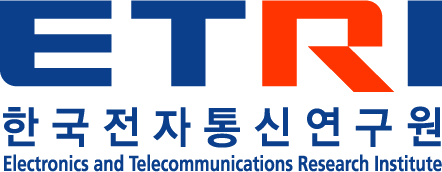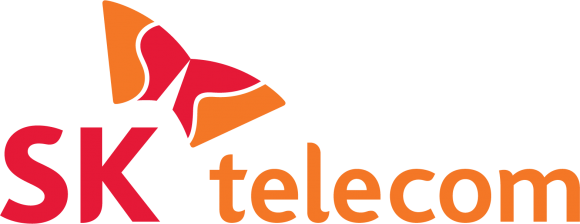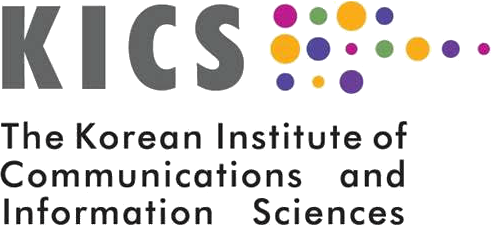IEEE WCNC is one of the main venues for researchers, industry professionals, and academics interested in the most advanced and recent contributions to wireless communications, especially regarding the design and development of wireless systems and networks. Sponsored by the IEEE Communications Society, IEEE WCNC has a long history of connecting industry, academia, and regulatory bodies. In 2020, other than mesmerizing its visitors by its beauty, Seoul as the capital of Korea will become the premium venue of the wireless by hosting WCNC‘20. The conference will include technical sessions, tutorials, workshops, and technology/business panels. You are invited to submit papers in all areas of wireless communications and networks. Potential topics include, but are not limited to:
Track 1: PHY and Fundamentals
- Channel modeling, characterization and estimation
- Modulation, coding, diversity, equalization, synchronization
- Multi-carrier modulation, waveform design
- Interference modeling, management, cancellation and alignment
- PHY strategies for low-rate, sporadic and asynchronous communications
- MIMO, massive MIMO and cloud-RAN
- Cooperative, device-to-device and multi-hop communication
- Cognitive radio, spectrum sensing
- Content caching and storage in wireless networks
- PHY layer design for cellular, wireless LAN, ad hoc and sensor networks
- Energy efficient and energy harvesting PHY layer design
- Joint information and energy transmission
- PHY layer security and privacy
- Ultra-wideband, mmWave and sub-THz communication
- Information-theoretic aspects of wireless communications
- Signal processing for wireless communications
- Molecular and nano communications
- AI, machine learning and data analytics for wireless communications
- Beyond 5G and 6G
- Full duplexing
Track 2: MAC and Cross-Layer Design
- Wireless MAC protocols for 5G: design, analysis, and optimization
- Cognitive and cooperative MAC
- MAC for mesh, ad hoc, relay and sensor networks
- Scheduling and radio resource management
- Cross-layer MAC design
- Software defined radio, RFID MAC
- QoS support and energy efficient MAC
- MAC protocol for energy harvesting wireless networks
- MAC design for multitier cellular/small cell networks
- Multiple access in machine-to-machine communication
- MAC for cloud-RAN
- MAC protocols for molecular and nano networks
- MAC protocols for mmWave networks
- Full-duplex MAC design
- Cross-layer design for massive MIMO and multiuser MIMO networks
- AI, machine learning and data analytics for MAC and cross-layer design
Track 3: Wireless Networks
- Software-defined mobile / wireless networks
- Wireless Network Functions Virtualization
- Virtual network management and orchestration
- Mobile cloud
- Fog computing and networking
- Mobile Edge Computing
- Mesh, relay, sensor and ad hoc networks
- Routing and congestion in wireless networks
- Cognitive radio and networking
- Resource management and optimization
- Mobile big data and network data analytics
- Wireless network security and privacy
- Mobile social networks
- Wireless network measurements and characterization
- AI, machine learning and data analytics for wireless networks
- Wireless networking for autonomous vehicles
- Wireless networking for smart X (energy, factory, city, etc.)
- IoT wireless networking
Track 4: Emerging Technologies, Architectures and Services
- Mobile / Wireless network support for vertical industries
- Adaptive content distribution in on-demand services
- Context and location-aware wireless services and applications
- User-centric networks and adaptive services
- Wireless body area networks and e-health services
- Intelligent transportation systems
- Dynamic sensor networks for urban applications
- Wireless emergency and security systems
- Ultra-reliable communication
- Enabling regulations, standards, spectrum management
- Hybrid licensed/unlicensed spectrum access schemes
- Technologies, architectures and enabling business models for rural communications
- Satellite-based mobile access and backhaul
- Hybrid satellite-terrestrial networks
- Testbed and prototype implementation of wireless services
Call For Panels
Panel proposals are also solicited on technical, business and policy-related issues and opportunities for the wireless communications industry.
Submission Guidelines
Papers should be submitted via EDAS.
All submissions should be written in English with a maximum paper length of eight (8) printed pages (10-point font) including figures.
The papers exceeding 6 pages will be subject to an additional US$100/page.
Papers exceeding 8 pages will not be accepted at EDAS.
Important Dates
Paper Submission Deadline: 5 November 2019 (Closed)
Notification of Acceptance: 31 December 2019 (Closed)
Camera-Ready Submission: 31 January 2020 (Closed)
Early registration: 15 February 2020 (Closed)
Author registration: 31 January 2020 (Closed)
Camera ready submission: 31 January 2020 (Closed)
Panel Proposals: 5 November 2019 (Closed)
Tutorial Proposals: 1 November 2019 (Closed)
Workshop Proposals: 14 October 2019 (Closed)
General Chair
Prof. Saewoong Bahk (Seoul National University, Korea)
Technical Program Committee Co-Chairs
Prof. Sunghyun Choi (Seoul National University, Korea) Prof. Song Chong (KAIST, Korea)
Prof. Zhisheng Niu (Tsinghua University, China)
Steering Committee Chair
Prof. Halim Yanikomeroglu (Carleton University, Canada)








